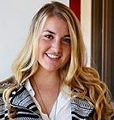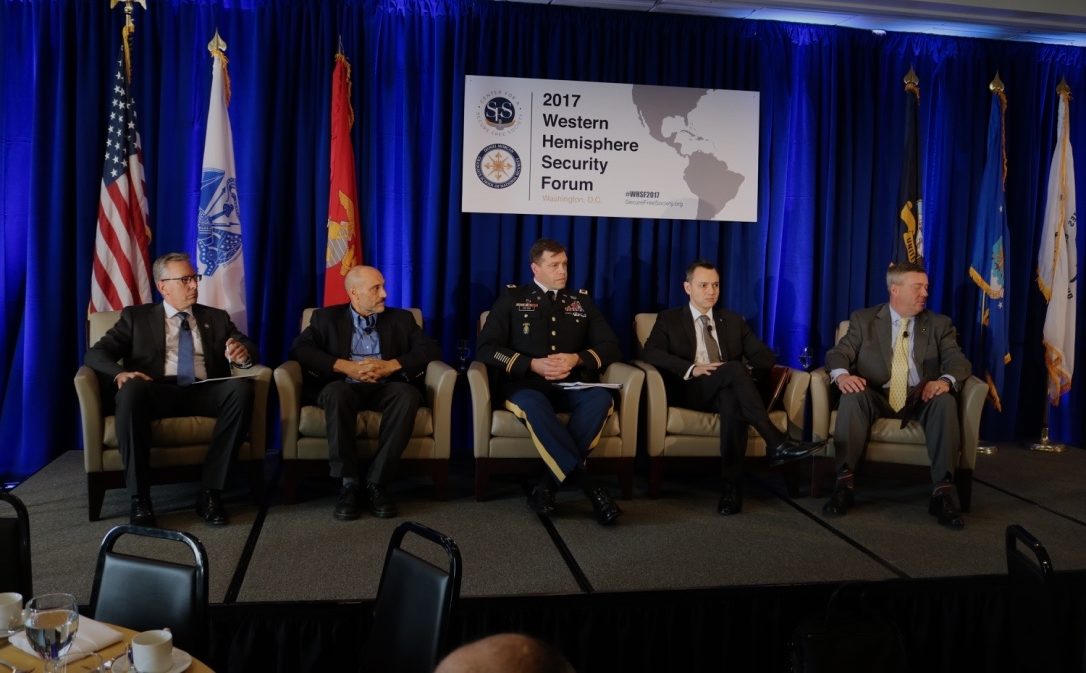The Western Hemisphere Security Forum, a seminal event in national security challenges, was held in Washington D.C. on November 16, 2017. The public event brought together members of Congress and their staff, the national security community, scholars and security practitioners, along with a group of Latin American thought leaders concerned about growing threats by extra-regional actors to the security of the hemisphere. The event, organized by the Center for a Secure Free Society (SFS) and the Daniel Morgan Graduate School, established a venue for advocates of the free society to dialogue, share perspectives, and make policy recommendations.
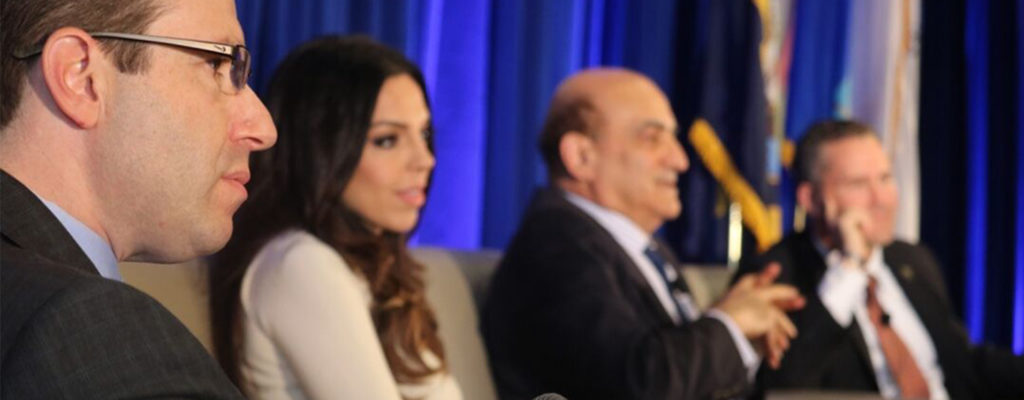
The 2017 WHSF began with the presentation of the Dr. Max Manwaring Award to Florida Congresswoman Ileana Ros-Lehtinen, retiring chair of the Middle East Subcommittee of the House Foreign Affairs Committee. Ros-Lehtinen, a long-time advocate of regional security in the context of democratic and free societies, was honored for her many years of commitment and service.
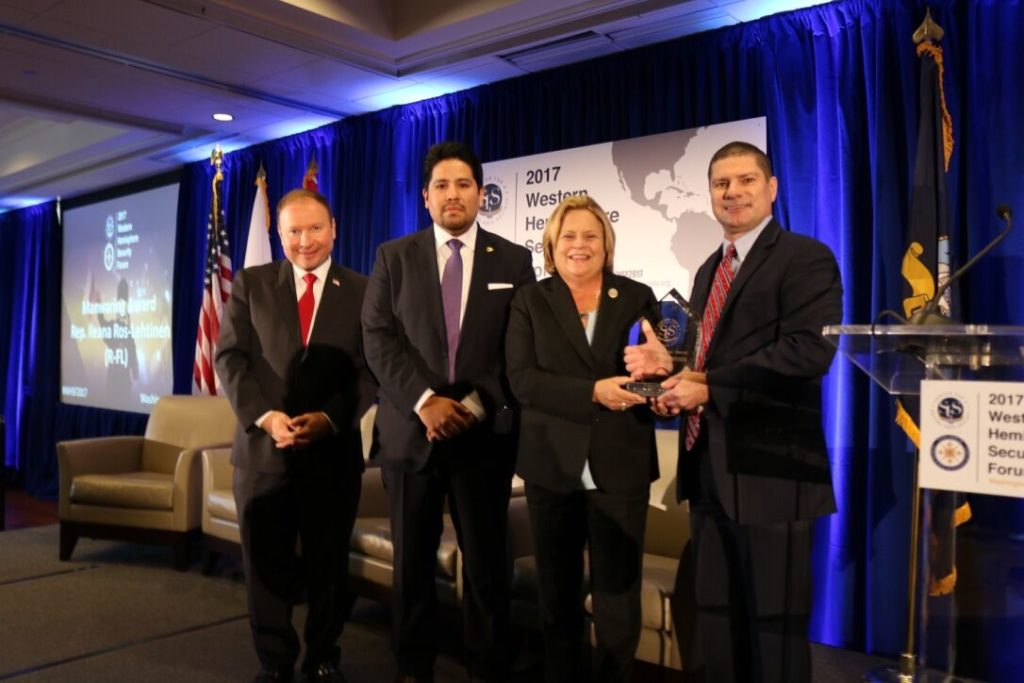
The namesake of the award, Dr. Max Manwaring, was also recognized with a Lifetime Achievement Award for his decades-long work on such issues as asymmetric warfare, fourth generation war, and his seminal theoretical and practical contributions such as the “Manwaring Paradigm.”
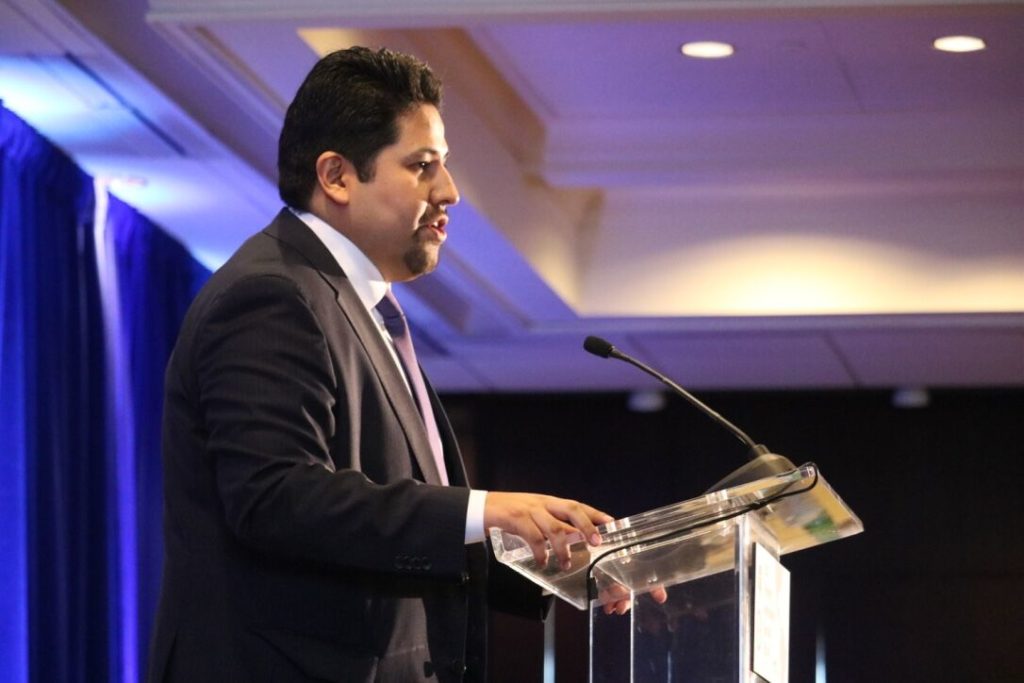
The Panels
The event was organized into four panel discussions with opportunities for questions and discussion with participants.
The first panel concentrated on the changes in the region and their significance for the United States. Moderated by Univision’s Pablo Gato and composed of three former Deputy Assistant Secretaries of Defense (DAS-D) for the Western Hemisphere, Rebecca Bill Chavez, Stephen Johnson, and Roger Pardo-Maurer each provided insight on threats and risks to the U.S. and the region. The need for greater cooperation, promotion and support for democratic values, and a concern for a “lack of interest” about the region by the incoming generation of policy professionals were central themes in the discussion.
The second panel, moderated by Mike Waltz of Metis Solutions, addressed the growing presence of extra-regional actors in the hemisphere with a particular focus on China, Russia, and Iran. Featuring Professor Walid Phares, American Foreign Policy Council researcher Ilan Berman, and columnist Lisa Daftari, the panel focused on Iran’s universalist vision, allying it with other revolutionary groups and regimes around the world, and alerted participants to a weak Venezuela as a “permissive environment” for nefarious actors. An emboldened Iran, given the release of US $100 billion (a fourth of Iran’s total GDP) in 2015, was cited as being of particular concern.
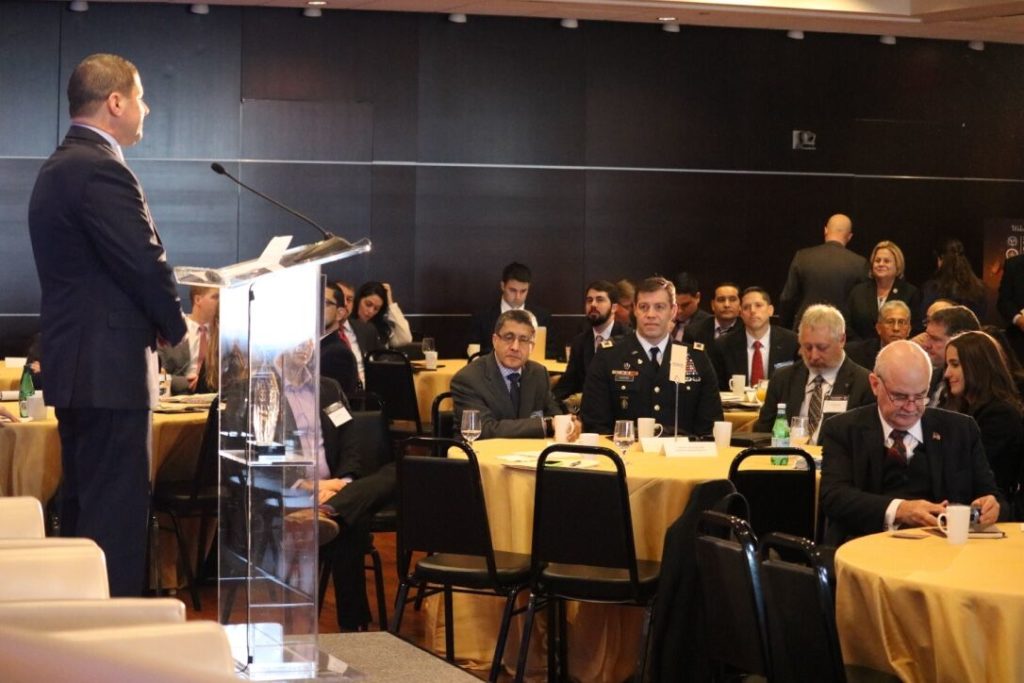
An afternoon panel examined the relationship between terrorism and transnational organized crime. The panelists included Col. John Potter of the U.S. Southern Command, Guatemalan Intelligence Minister Mario Duarte, and researcher Douglas Farah. Both Potter and Duarte addressed the threat of organized crime and its overlap with dangerous geopolitical activity. Farah defined several countries in the region as “criminal enterprises” operating under the cover of legitimate governments. In a contest with these regimes, Farah underscored the asymmetry of the battle warning that “we play football, while they play hockey.”
The closing session, held in Spanish and moderated by Fernando del Rincón of CNN Español, was dedicated to Venezuela and its impact in the region. Bolivia’s ex-president Jorge “Tuto” Quiroga, Colombian congresswoman María Fernanda Cabal, and President of Asociación Civil Control Ciudadano in Venezuela, Rocío San Miguel, participated in a fiery debate regarding the best course of action in regaining freedom for Venezuela. The panel discussed the regional impact of events in Venezuela and suggested that inattention was not a policy and that regional democratic forces need to consider how to deal with an impending crisis which may spill over the border.
The WHSF was the first event of its kind to bring together policymakers, opinion shapers, resistance leaders, academics and national security practitioners. While other conferences on Latin America are common, the overlapping of these communities and their focus on extra-regional actors in the region marked this as a unique event. With the need to address old and current challenges with new and innovative solutions, the WHSF served as a milestone in foreign and national security policy.
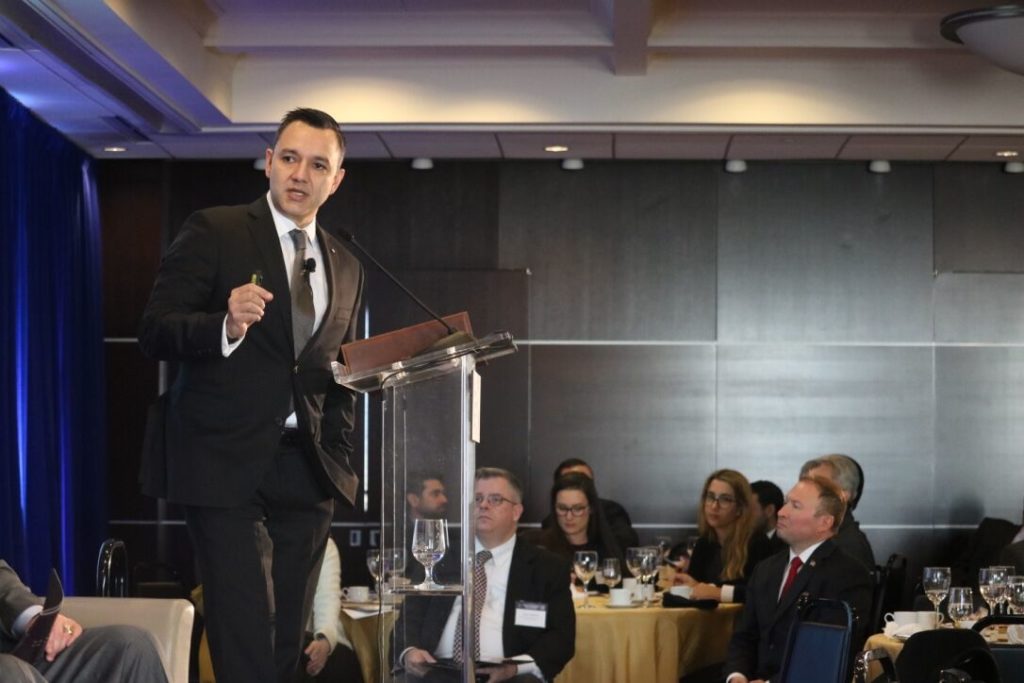
Watch the opening remarks, below, and follow the link to our SFS YouTube channel to watch full footage from the event.
PROGRAM EXPERTS
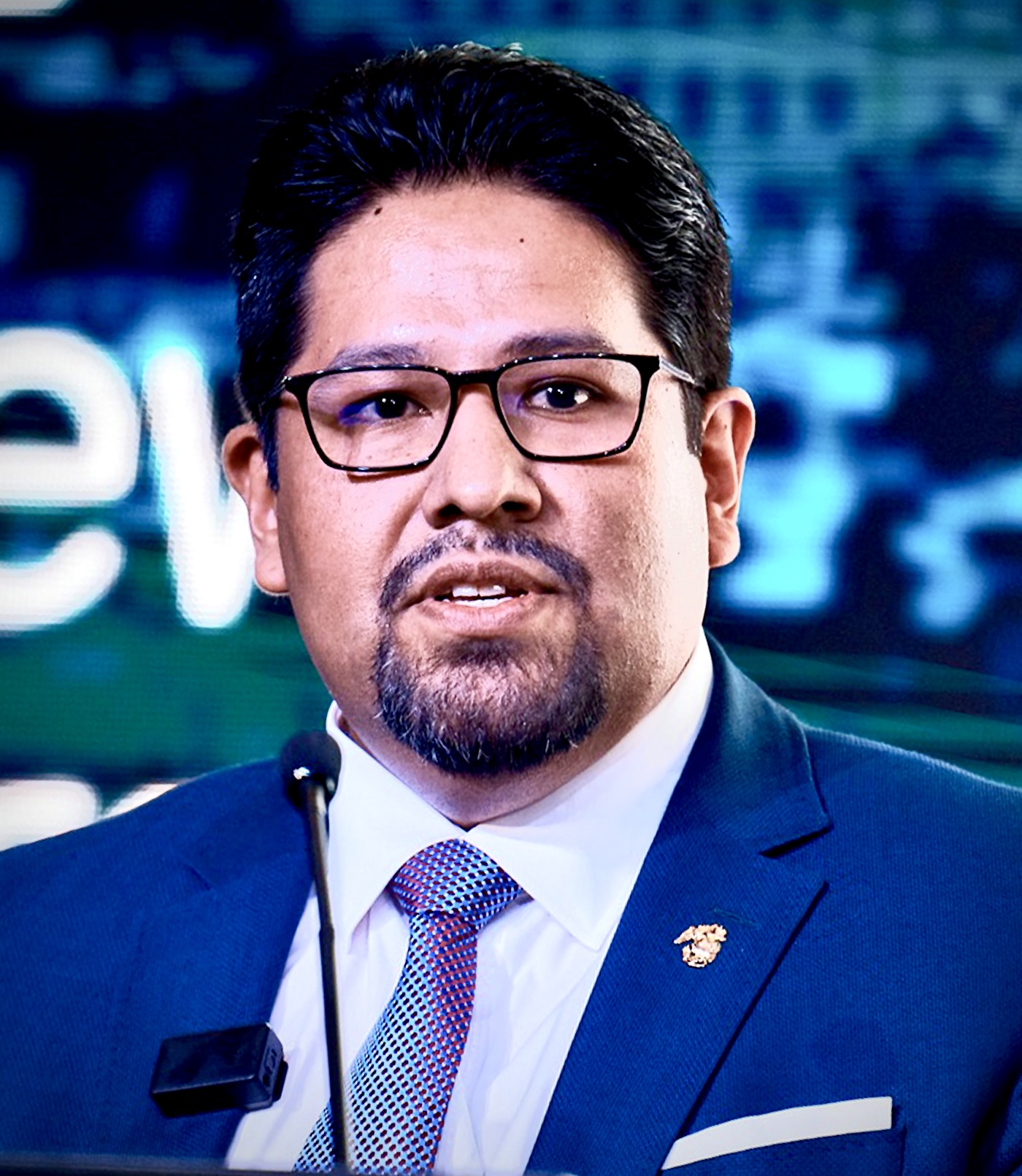
Joseph M. Humire
Executive Director
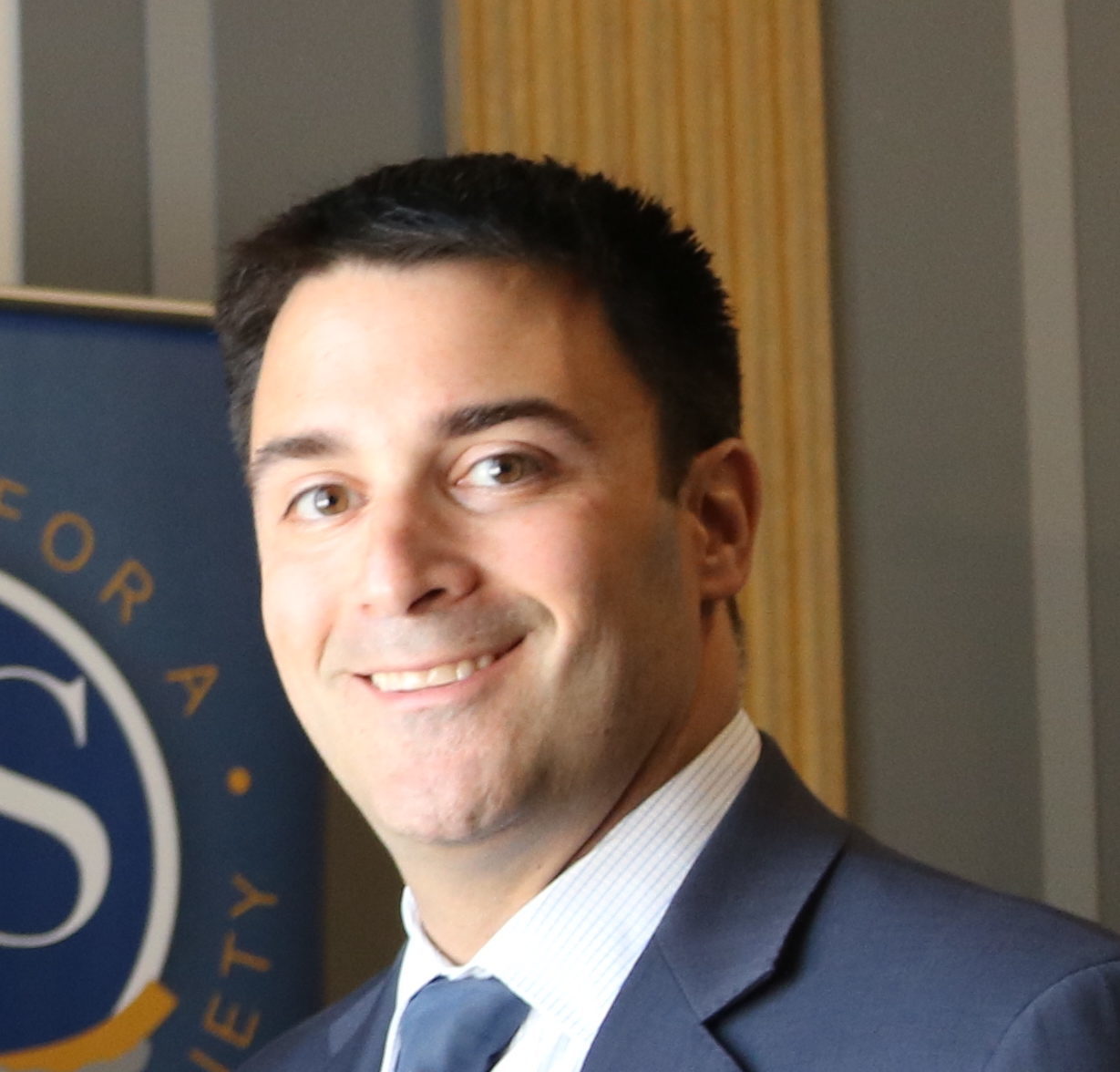
Private: EJ Kimball
Senior Fellow
